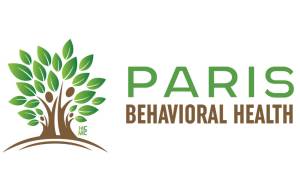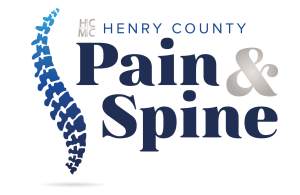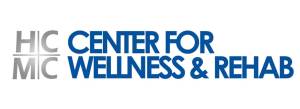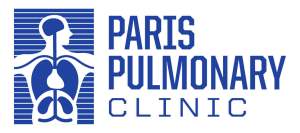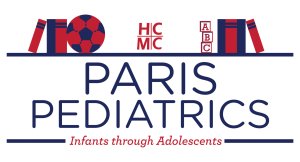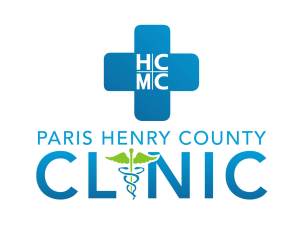
The narcotic is not vigorous against most strains of Enterococcus faecalis, nor against Neisseria gonorrhoeae, Neisseria meningitidis, Haemophilus influenzae or other gram-negative organisms or yeasts. Some strains of Clostridium perfringens and strains of some less proverbial human pathogens of Clostridia may be lincomycin-resistant. Depending on the sensitivity of the structure and concentration of the antibiotic, it may be either bactericidal or bacteriostatic. Waspish refusal has not been demonstrated with penicillin, chloramphenicol, ampicillin, cephalosporins or the tetracyclines.
Some cross-resistance (with erythromycin) including a wonder known as dissociated cross-resistance or macrolide outcome has been reported. Microorganisms have not developed recalcitrance to Lincocin like a shot when tested through in vitro or in vivo methods. Staphylococci upon guerilla movement to Lincocin in a dawdling step-wise amenities based on in vitro serial subculture experiments. Studies indicated that Lincocin does not divide up antigenicity with penicillin compounds.
Particular caution is recommended for patients with thrombosis and embolism. It is necessary to inform the doctor about what medications the patient is currently taking. A lack of medication in newborns is fraught with the development of hemorrhagic disease. Severe deficiency conditions are often manifested in prematurely born infants. The child�s intestines are sterile, the microflora does not synthesize the vitamin. A deficiency state is observed in a newborn when.
A certain concentration of K1 is found in breast milk. In this case, a breastfed baby receives a sufficient amount of maternal clotting factor. This prevents hemorrhagic disease. Phylloquinone is recommended during pregnancy, as well as for prophylaxis before the onset of labor or surgery. If a deficiency is observed in a pregnant woman, then the placenta does not supply the substance in the required quantity. When the component concentration decreases, there is a lack of beneficial microfloraintestinal rye.
Food does not play a key role in the development of a deficiency state. Hypovitaminosis is caused by. Poor nutrition. Getting burns. Gallstone disease. Drinking alcohol. Taking medications to buy lincomycin online. Deficiency of bile acids, which are required for the vitamin to be absorbed normally. Enterocolitis. Using antibacterial drugs. Inflammation of the gastrointestinal tract. irritable bowel syndrome. Impaired liver function. Crohn's disease. Long-term intravenous nutrition. Cystic fibrosis. Using hemodialysis. Taking statins. Dysfunction of the small intestine, which leads to malabsorption of nutrients. Using products rich in preservatives, dyes, and flavors.

